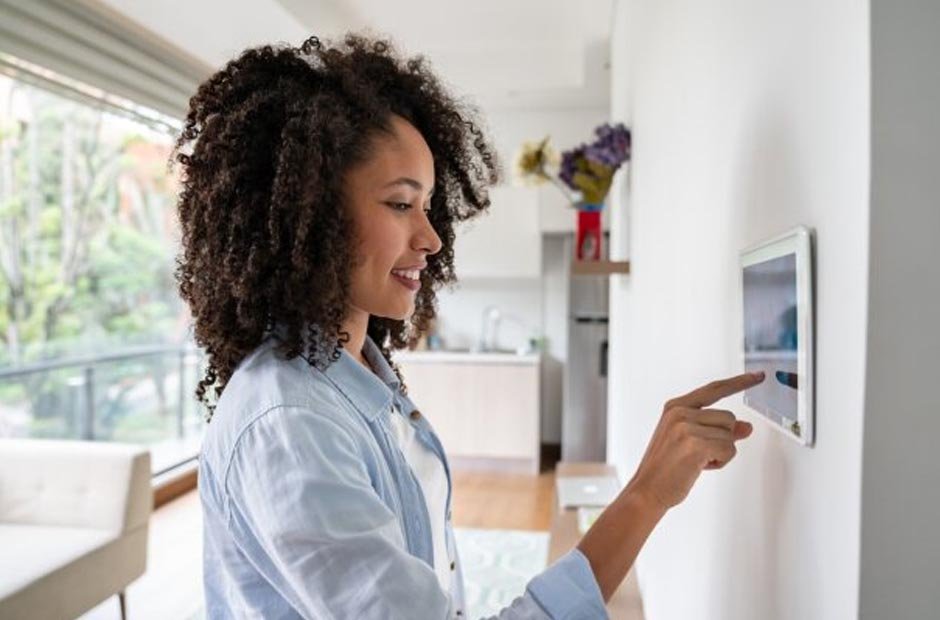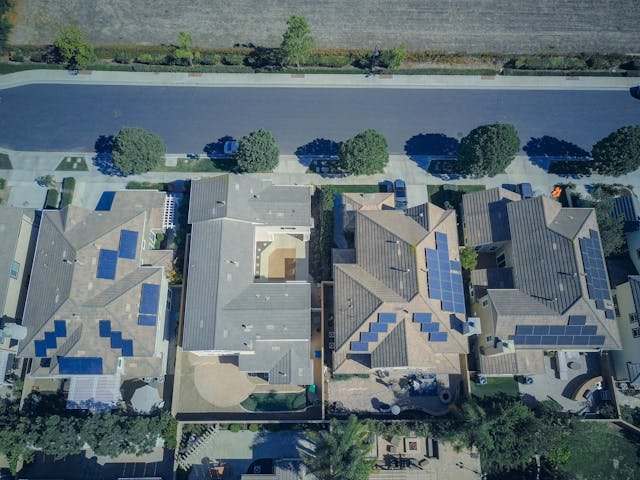As technology permeates every facet of our lives, so too does it influence the way we secure our homes. Moving beyond traditional keys, the revolution of smart home security brings to the fore innovations like smart locks for your home, heralding a new era of convenience, sophistication, and most importantly, enhanced safety.
Over the last decade, the smart lock business has expanded dramatically. According to MarketWatch, global smart lock sales are expected to hit $1 billion by 2021, with no signs of slowing. It’s no surprise, given the numerous advantages smart locks provide over traditional locks. Gone are the days when misplacing a key or forgetting to lock the door constituted a severe security violation. Homeowners can allow or refuse access remotely, receive notifications about potential breaches, and even combine their locks with other smart home devices using smart locks.
Historically, physical resistance was used to determine the strength of a lock. However, in the age of smart home security, it is not only the physical lock that is important but also the encrypted digital code that is practically impossible to crack. Smart locks provide a formidable line of defense against potential invaders by combining strong physical structures with cutting-edge digital encryption.
These locks have quickly progressed from a revolutionary concept to an essential element of many households. The certainty of better security measures, such as biometric access, voice activation, and even AI-powered recognition systems, has boosted consumer acceptance. These aren’t simply gimmicks; they’re useful upgrades that add levels of security, making break-ins much more difficult.
Furthermore, the advancement of smart home security isn’t just about protecting one’s home from outside threats. It is also about establishing a cohesive environment in which gadgets communicate with one another. Consider integrating your smart lock with your lighting system, security cameras, or even your thermostat. Arrive home late, and as you unlock the door, your lights may turn on, your thermostat may adjust, and your favorite music may begin to play. Such integrations are no longer the stuff of science fiction but are becoming increasingly frequent.
However, there are concerns, as with every technical breakthrough. The most common concern is that of hacking. What if someone could unlock your door remotely? To address these concerns, manufacturers invest substantially in research and development to ensure the highest security standards are satisfied. While no system is completely secure, the chances of a smart lock being hacked are significantly lower than the chances of traditional locks being picked.
Consumer education is critical in this situation. Just as one would not leave a traditional key lying around, practicing safe digital behaviors with smart locks is crucial. Regular software updates, strong, unique passcodes, and exercising caution when providing access can all help to ensure that these locks serve their primary purpose: better security.
Smart locks also connect to the greater domain of the Internet of Things (IoT), in which devices are linked to form a unified digital environment. This connectivity provides an additional level of convenience for homeowners. Integration with virtual assistants such as Alexa or Google Assistant, for example, enables homeowners to lock or open doors using voice commands. Such convenience would have been unthinkable a decade ago, but it is now becoming a regular feature, boosting the broad adoption of smart locks.
Furthermore, the worldwide push toward energy efficiency and green technology has prompted smart lock manufacturers to consider options other than security. Modern smart locks are meant to be energy efficient, requiring less electricity to operate, and frequently include long-lasting batteries. Some even include solar charging capabilities, ensuring that they continue to function during power outages and lowering their carbon footprint.
Smart locks play an important part in the sharing economy. As home-sharing platforms such as Airbnb and others gain popularity, homeowners are looking for more secure ways to share access to their homes without handing over physical keys. Smart locks provide temporary access that can be canceled after the guest’s stay has ended. This feature is extremely useful for hosts, as it ensures that their property is secure without the practical challenges of key exchanges.
The rental property market is also benefiting. Property managers may easily manage many properties, allowing access to maintenance personnel or potential renters without the need for actual key exchanges. Access tracking and monitoring add another degree of transparency, assuring accountability and reducing potential disagreements.
To summarize, the exponential expansion and diversification of smart lock features reflect our world’s increasing interconnection as well as our need for ease while maintaining security. Smart locks, as we adapt to the digital age, are more than just inventions; they symbolize the core of our changing lifestyles, goals, and values. Accepting these developments provides not just a more secure home, but also a life more in touch with 21st-century conveniences.
















